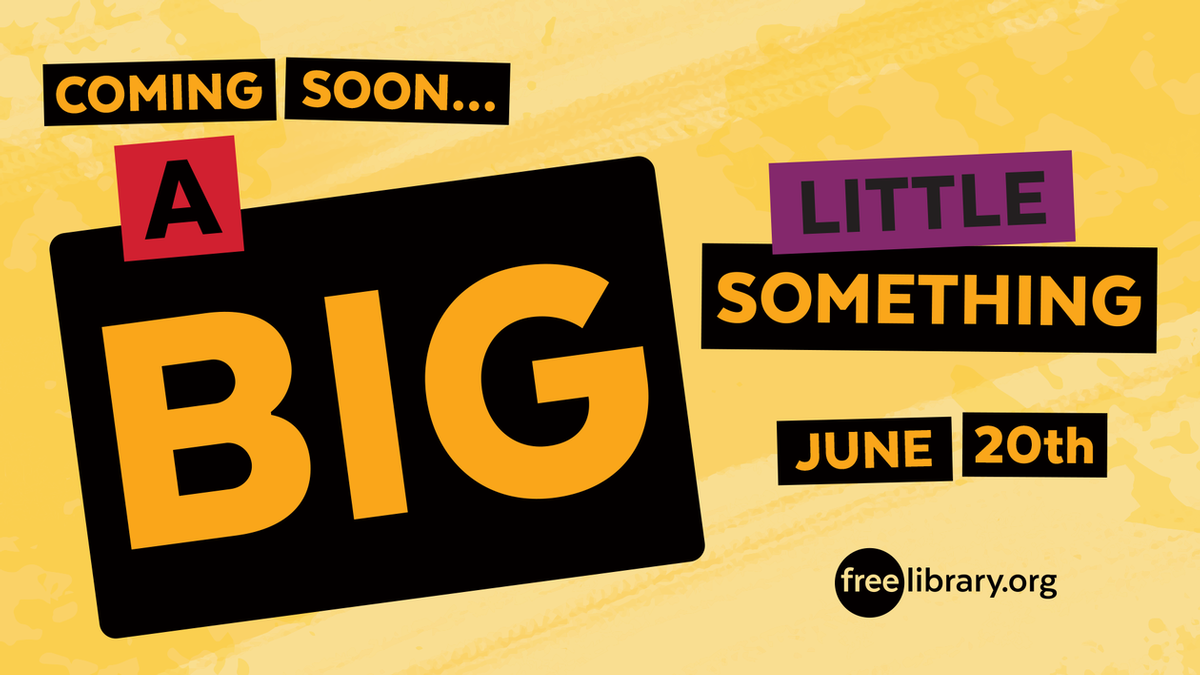Hip hop's 50th anniversary represents a milestone for an American genre of music and art that began in the 1970s at block parties in New York City — specifically the Bronx. Born out of the intersecting communities of the Black, Latin, and Caribbean Americans who lived there, hip hop culture became recognizable for a combination of crucial elements: drum beats, rhythmic speech patterns (better known as “rapping”), DJing with turntables, breakdancing, graffiti art, and most importantly — knowledge of self. Hip hop has always been a medium for communicating the history of marginalized people and acknowledging the many forms of oppression they face.
DJ Kool Herc is widely credited with kicking off the hip hop movement at an August 1973 block party in the South Bronx. Equipped with twin turntables outfitted with the same record, Herc isolated, extended, and delayed the most danceable parts of a song and the streets soon began flooding with dancers. Other DJs in the Bronx quickly began emulating Herc’s style, and a consistent theme emerged among hip hop artists to use whatever resources were available to create something original and cool — often mixing, remixing, and sampling existing music to create something totally different.
Old-school hip hop became the first wave to be recognized by mainstream pop culture in the late 1970s/early 80s. The Sugarhill Gang song, “Rapper’s Delight” (1979) was the first hip hop song to top the music charts and gave way to a new genre of music: rap. Grandmaster Flash and the Furious Five, Kurtis Blow, and the Cold Crush Brothers are some notable artists that constitute rap’s old school.
By the mid-1980s, a new school of hip hop artists and rappers began emerging, with Run-D.M.C. and Public Enemy infusing the genre with hard rock and digitized sampling in their songs. This “new school” included the first prominent female hip hop artists, like Queen Latifah and Salt-n-Pepa. The genre extended beyond New York City at this point, with hip hop scenes appearing in Philadelphia, Miami, and California.
This era heralded the “Golden Age of Hip Hop,” considered to be from 1986-1997. The genre at this time became more experimental, with strong Afrocentric themes and jazz influences. Boogie Down Productions, Tribe Called Quest, De La Soul, Eric B. & Rakim, and Gang Starr are among some of the artists associated with the Golden Age. This time also signifies the “album era” of hip hop, wherein the genre was commercially consumed by the masses and earned unprecedented critical acclaim.
To this day, hip hop continues to thrive and evolve with new subgenres and countless artists that identify and play with the medium. As we celebrate the 50th anniversary of this now international, multibillion-dollar genre, the Free Library has many digital resources to stream your favorite hip hop artist or discover something new. Our catalog boasts hundreds of related titles and Parkway Central’s Music Department is a great place to start if you’re interested in diving deeper into hip hop history and music archives.
Stay tuned for related programming and special promotions from the Free Library regarding this special anniversary! More will be announced on Tuesday, June 20!
Have a question for Free Library staff? Please submit it to our Ask a Librarian page and receive a response within two business days.

